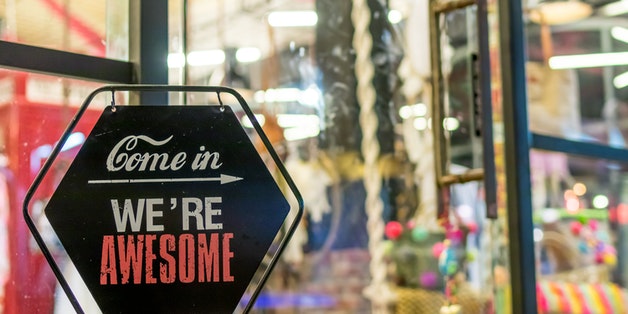
3 great brand humanization campaigns

If you’ve gained some background knowledge on brand humanization, the process of attaching human personality and emotions to a brand in hopes of making consumer buying decisions easier, you know just how tricky it can be.
Consumers are often skeptical about brands, and gaining their trust requires a more human approach — one that can be difficult to achieve when your brand is an entity. However, it is possible, and the four brands below have cracked the code.
1. Hotels.com
Every consumer has a personality, and in a perfect world they’d find a brand with a personality that was a spot-on match. In most cases, this requires a lot of work, but Hotel.com just made it much easier. The "Find Your Perfect Somewhere," is the brand’s take on a personal ad and features three different types of hotels all marketing themselves to consumers.
In a series of 30 second ads, a family beach resort, boutique hotel and business accommodation all describe their various attributes and what sort of customer they’d be great for.
2. Dove
Brand humanization comes in different forms. It isn’t always about a brand looking or sounding like a human — sometimes, it’s as genius as showing your customers you empathize with what makes them human.
Dove campaigns are primarily focused on celebrating the “real beauty” encompassed by their customers. Whether it's through tackling beauty biases or building up the self-esteem of its audience, Dove is working to ensure customers have a positive relationship with themselves and beauty.
By using “real people” instead of actors, Dove encourages its customers to embrace their uniqueness and adds to the credibility of their products. They also give an inside at their moral and values, adding to the qualities their customers can relate to.
3. Expedia
Customers want experiences, not things, and Expedia gets this.
In Expedia’s recent commercial on “stuff,” they inspire viewers to think more about their purchase decisions and what will really matter in the long-term. At the end of the minute-long commercial they leave consumers with the following question: “Do you think any of us will look back on our lives and regret the things we didn’t buy or the places we didn’t go?”
By creating a commercial that speaks to the human desire to gain experiences, Expedia showcased their understanding of the consumer thought process and humanized their outlook on how consumer purchase decisions.
Attaching human-like qualities to an inanimate concept like a brand can be tricky, but having a few successful examples to reference is sure to make it a little easier.

Lindsay Keener is a brand journalist for Quikly. She covers stories that help to inform and educate consumer-facing marketers.

